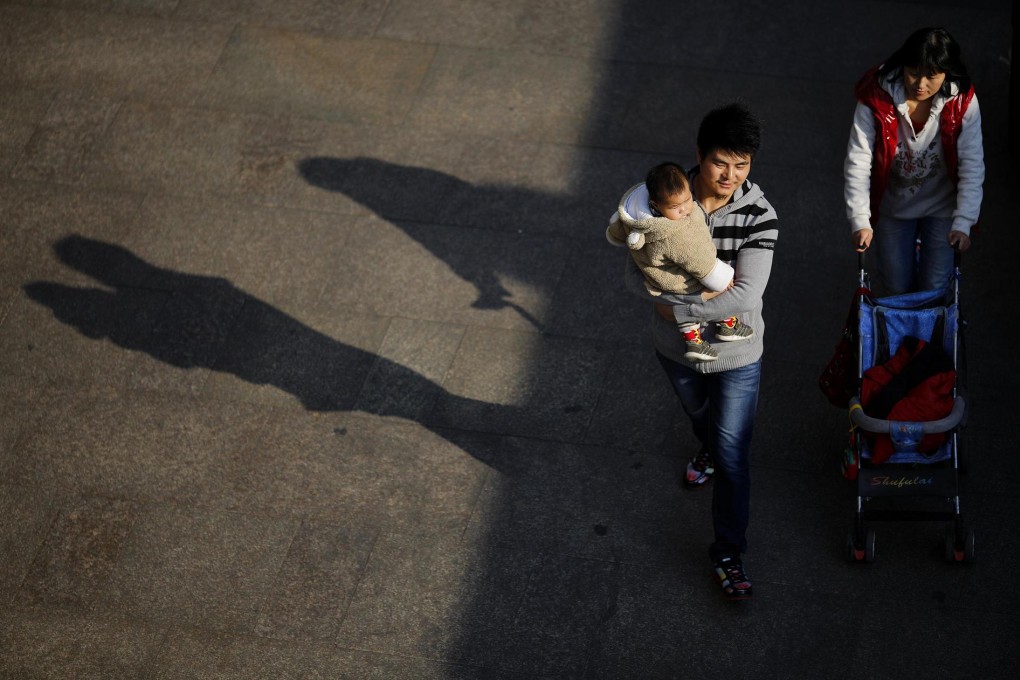Opinion | Shanghai parents react coolly to relaxation of one-child policy
Planners may be disappointed as many couples say they cannot afford another mouth to feed

Despite the relaxation of the one-child policy, it appears that Shanghai will not witness an expected baby boom after all.
There had been a perception over the past decade that many young couples in China's largest city who already had a child were unhappy with family planning policies and were sidestepping regulations to have a second baby.
This was probably a contributing factor to the decision by senior leaders at their crucial third plenum this month that parents in urban areas would be able to have another child if one parent was a single child. Provinces and other cities will be able to decide when to introduce the reform.
Under the new policy, about 400,000 more families in Shanghai will be eligible to have a second baby. But new evidence now emerges that Shanghai parents are having second thoughts.
A survey of 1,200 Shanghai residents conducted by the internet portal Sina after the plenum announcement found that 70 per cent of respondents did not want more than one child - 24 per cent were "definite" about having only one baby, while 46 per cent said they would "probably" have one child, if any at all.
The cost of raising children seem to be the main deterrent: one child is expensive enough, while raising two is beyond the means of most families.
